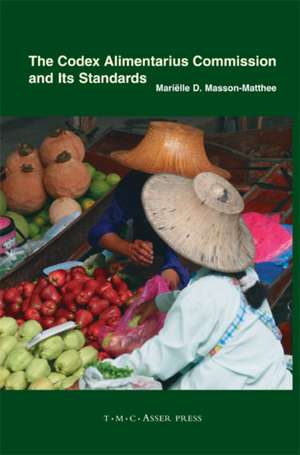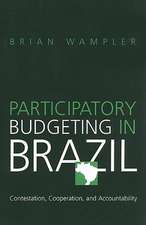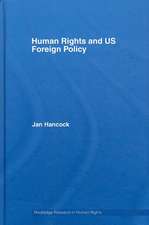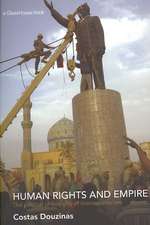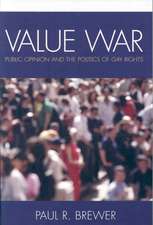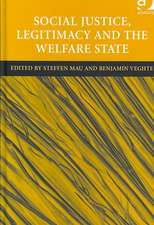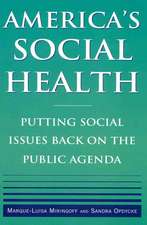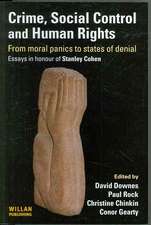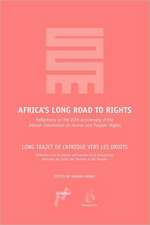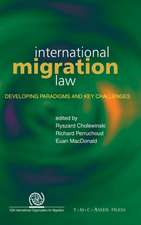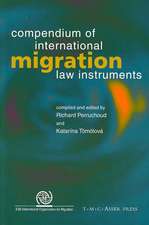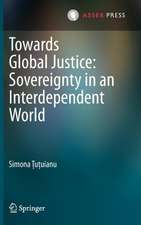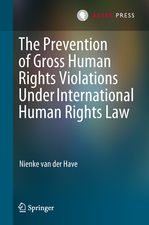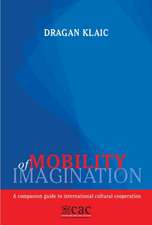The Codex Alimentarius Commission and Its Standards
Autor Mariëlle D. Masson-Mattheeen Limba Engleză Hardback – 20 dec 2007
The Codex Alimentarius Commission was established by the Food and Agricultural Organization (FAO) and the World Health Organization (WHO) in 1963, as subsidiary organ of both organizations. Since its establishment, the Commission has been charged with the creation of the Codex Alimentarius: a collection of uniformly-defined food standards. Examples of food standards adopted by the Commission are the Standard for Natural Mineral Waters, the Maximum Residue Levels (MRLs) for hormone growth promoters in cattle, and the Standard for Sardines and Sardine-Type Products. The authority of the Commission is restricted by its position as a subsidiary body of the FAO and the WHO. However, with regard to its normative powers, the Commission operates independently from its parent organizations.
This book examines the legal aspects of the Codex Alimentarius Commission and its standards, and describes more preciselythe actual status of the standards, both within the framework of the WTO agreements as well as within the context of the EC legal order. In addition, it defines the consequences of the new status of the Codex standards for the legitimacy of the institutional framework of the Commission, its standard-setting procedure, and the Codex standards themselves.
The book is geared at scholars of international law and WTO law. It will also be an important reference for specialists at national governments and international organizations (FAO, UNCTAD, WTO, WHO, World Bank, EC Commission, World Organisation for Animal Health, etc.), working with Codex standards and food safety, and equally of interest to food scientists and consumer organizations.
Preț: 649.87 lei
Preț vechi: 764.55 lei
-15% Nou
Puncte Express: 975
Preț estimativ în valută:
124.39€ • 135.16$ • 104.56£
124.39€ • 135.16$ • 104.56£
Carte tipărită la comandă
Livrare economică 21 aprilie-05 mai
Preluare comenzi: 021 569.72.76
Specificații
ISBN-13: 9789067042567
ISBN-10: 9067042560
Pagini: 344
Ilustrații: 370 p.
Greutate: 0.68 kg
Ediția:1st Edition.
Editura: T.M.C. Asser Press
Colecția T.M.C. Asser Press
Locul publicării:The Hague, Germany
ISBN-10: 9067042560
Pagini: 344
Ilustrații: 370 p.
Greutate: 0.68 kg
Ediția:1st Edition.
Editura: T.M.C. Asser Press
Colecția T.M.C. Asser Press
Locul publicării:The Hague, Germany
Public țintă
ResearchCuprins
The Codex Alimentarius Commission: The Institutional Framework.- The Codex Alimentarius: Harmonisation Through Standard-Setting.- The Codex And the EC.- The Wto Agreements And The Codex Alimentarius.- The Legitimacy of The Codex Alimentarius, The Standard-Setting Procedure and The Institutional Framework.- Conclusions.
Textul de pe ultima copertă
With a foreword by Peter Van den Bossche and Ellen Vos
The Codex Alimentarius Commission was established by the Food and Agricultural Organization (FAO) and the World Health Organization (WHO) in 1963, as subsidiary organ of both organizations. Since its establishment, the Commission has been charged with the creation of the Codex Alimentarius: a collection of uniformly-defined food standards. Examples of food standards adopted by the Commission are the Standard for Natural Mineral Waters, the Maximum Residue Levels (MRLs) for hormone growth promoters in cattle, and the Standard for Sardines and Sardine-Type Products. The authority of the Commission is restricted by its position as a subsidiary body of the FAO and the WHO. However, with regard to its normative powers, the Commission operates independently from its parent organizations.
This book examines the legal aspects of the Codex Alimentarius Commission and its standards, and describes more precisely the actual status of the standards, both within the framework of the WTO agreements as well as within the context of the EC legal order. In addition, it defines the consequences of the new status of the Codex standards for the legitimacy of the institutional framework of the Commission, its standard-setting procedure, and the Codex standards themselves.
The book is geared at scholars of international law and WTO law. It will also be an important reference for specialists at national governments and international organizations (FAO, UNCTAD, WTO, WHO, World Bank, EC Commission, World Organisation for Animal Health, etc.), working with Codex standards and food safety, and equally of interest to food scientists and consumer organizations.
The Codex Alimentarius Commission was established by the Food and Agricultural Organization (FAO) and the World Health Organization (WHO) in 1963, as subsidiary organ of both organizations. Since its establishment, the Commission has been charged with the creation of the Codex Alimentarius: a collection of uniformly-defined food standards. Examples of food standards adopted by the Commission are the Standard for Natural Mineral Waters, the Maximum Residue Levels (MRLs) for hormone growth promoters in cattle, and the Standard for Sardines and Sardine-Type Products. The authority of the Commission is restricted by its position as a subsidiary body of the FAO and the WHO. However, with regard to its normative powers, the Commission operates independently from its parent organizations.
This book examines the legal aspects of the Codex Alimentarius Commission and its standards, and describes more precisely the actual status of the standards, both within the framework of the WTO agreements as well as within the context of the EC legal order. In addition, it defines the consequences of the new status of the Codex standards for the legitimacy of the institutional framework of the Commission, its standard-setting procedure, and the Codex standards themselves.
The book is geared at scholars of international law and WTO law. It will also be an important reference for specialists at national governments and international organizations (FAO, UNCTAD, WTO, WHO, World Bank, EC Commission, World Organisation for Animal Health, etc.), working with Codex standards and food safety, and equally of interest to food scientists and consumer organizations.
